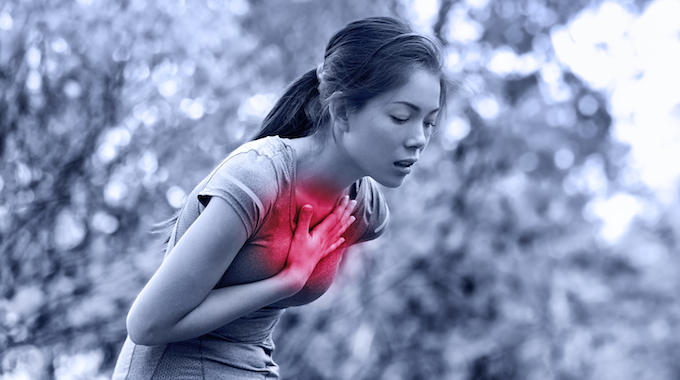
Gastrointestinal symptoms are a common source of discomfort and embarrassment for cyclists. Thankfully, there are steps you can take to minimise flatulence, indigestion, nausea and stomach cramps.
For more information on what causes gastrointestinal discomfort, make sure to read our article Gastrointestinal Symptoms and Cycling: The Facts, where sports nutritionist Danielle Clay – who compiled this list of tips – goes into more detail about digestive problems.
1. Stay Hydrated
Ensure you’re well hydrated before training, and experiment with different sports drinks during sessions to the one that suits you best. Everyone will be different in this regard!
2. Avoid drinks with Fructose
There is some evidence to suggest that drinks containing fructose can aggravate digestive issues more than glucose, sucrose or maltodextrins. So if you suffer with gastrointestinal symptoms, it may be best to avoid drinks containing fructose. Be sure to read the labels of the products you are using.
3. Avoid big, fatty meals before riding
Avoid large fatty meals within three hours of riding to try and minimise the need for your body to devote energy to the digestive system. Many people will need to leave even more time between eating and a big ride in order to minimise nausea, so experiment to find out what time period works best for you.
4. Try less-concentrated sports drinks
Glucose polymer drinks (sports drinks) mixed to a 6-8% solution are optimal in terms of absorption of energy and fluid from the drink.
However, the more glucose that’s contained within the drink, the slower the emptying time from the stomach to the small intestine. Therefore, consuming a glucose polymer drink that is less concentrated may help with gastrointestinal symptoms (i.e hypotonic instead of isotonic or hypertonic).
5. Check your riding position
Your position on your bike physically effects your digestive system – that’s why cyclists are more likely to have upper digestive issues than lower. Have a look at how you’re seated Are your handle bars too low? Do you try take regular breaks out of the saddle to improve posture? Taking these things into account should help you feel better.
6. Medicate if necessary
Antispasmodic medication (normally used to treat IBS spasms or similar), or medication to reduce production of gastric acid could help with your symptoms. However, these medications should only be used under supervision of your doctor and if taking other steps to minimise discomfort have failed.
7. Try probiotic supplements
If you have frequent and prolonged irritation, it can lead to a condition known as dysbosis, which is an imbalance of the friendly bacteria in the digestive tract. A good quality probiotic supplement regimen may help with symptoms. Martine Mccutcheon might have been right…





